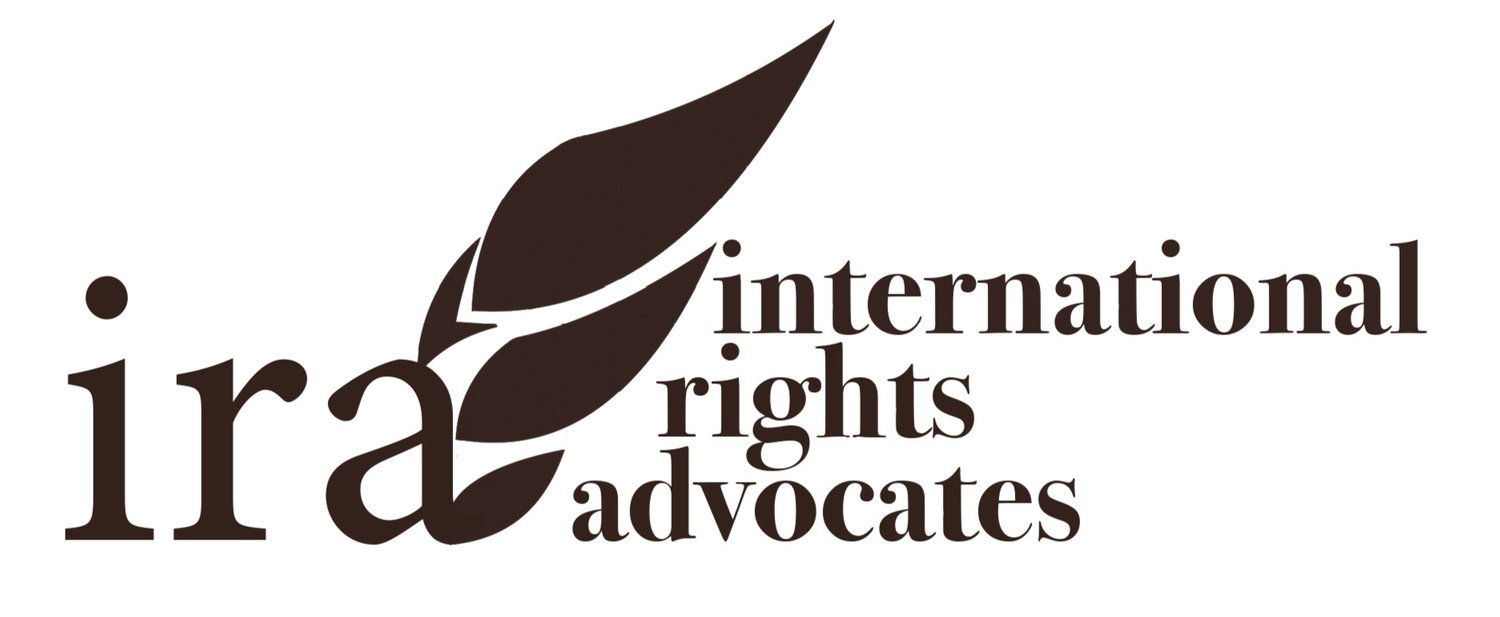Baloco et al. v. Drummond Company, Inc.
MORE INFO: Drummond
REGION: Latin America
COUNTRY: Colombia
CASE STATUS: Past Case
Summary:
Children of three murdered union leaders have brought claims for extrajudicial killing under the ATS against Drummond and several of its officers for their alleged participation with paramilitary forces in the murders.
Factual Background:
On March 12, 2001, Valmore Locarno Rodriquez (Locarno), Victor Hugo Orcasita Amaya (Orcasita), the President and Vice President respectively of the mineworkers union at the Drummond coal mine in Cesar Province, Colombia, were pulled off the Drummond company bus and executed. They were murdered by members of the United Self-Defense Forces of Colombia ("AUC"), the umbrella paramilitary group in Colombia. In 2001, the U.S. Department of State designated the AUC a terrorist organization. Later that year, on October 5, Gustavo Soler Mora (Soler), who replaced Locarno as the union President, was taken from a public bus and likewise assassinated by the AUC.
Legal Proceedings:
In a separate case in early 2002, the widows of the murdered union leaders brought a case under the Alien Tort Statute (ATS) against Drummond, alleging that officials of the company had conspired with the AUC to murder the union leaders. After a particularly contentious pretrial period, the case went to trial in July 2007 in federal court in Birmingham, Alabama, Drummond’s hometown. Judge Karon Bowdre denied Plaintiffs’ request to postpone the trial while they continued their on-going efforts to obtain trial testimony from AUC-associated witnesses in Colombia, including Rafael Garcia, who had provided a declaration from his prison cell stating that he was present when a Drummond official paid an AUC leader a “suitcase full of cash” for the murder of the Drummond union leaders. Garcia had agreed to testify, but since he was in prison, the Colombian government, at that time headed by President Alvaro Uribe, failed to cooperate and never acted upon the Letters Rogatory request to allow counsel for Plaintiffs to take his testimony in Colombia. At this time, in 2007, most of the other AUC witnesses who collaborated with Drummond were still active and could not be compelled by any court to testify. Because the Plaintiffs were forced to go to trial without any direct “smoking gun” evidence, the case resulted in a defense verdict. This case was In re Juan Aquas Romero v. Drummond, Case No. CV-03-BE-575-W (Drummond I).
By early 2009, much had changed. The Colombian government instituted a Justice and Peace process which resulted in the voluntary demobilization of most of the AUC commanders. As part of the process, they are required to provide a full confession of their crimes in exchange for a reduced sentence. Several of the participants in the execution of the Drummond union leaders provided statements to Plaintiffs’ counsel admitting their own participation in the murders, but also implicating Drummond officials in a conspiracy. Based on this new evidence, on March 20, 2009, eight children of the three murdered union leaders filed a new case against Drummond for its role in the murders of their fathers. The Defendants are the Alabama-based parent company, Drummond Company, Inc. (DCI); Drummond Limited (DLTD), the Alabama subsidiary that operates the Colombian mine under the direction and control of DCI; Augusto Jimenez, the President of DLTD at the time of the union murders; Mike Tracy, a DCI Vice President at the time of the union murders; and Jim Adkins, the former CIA agent who was Drummond’s security chief in Colombia and, according to the evidence, was directly involved in planning the murders with the AUC and Jaime Blanco Maya, Drummond’s food service contractor who was recently convicted for his role in the murders.
On November 11, 2009, the federal district court dismissed the new case based on res judicata. Essentially, the court held that the prior case brought by the widows of the slain union leaders bound their children, the Plaintiffs in the new case, to the verdict in favor of Drummond. The children appealed the dismissal to the Court of Appeals for the Eleventh Circuit. On May 20, 2011, the Appeals Court reversed the dismissal. The Court first held as a matter of first impression that the children had their own separate legal claims apart from the claims of their mothers. The Court then found that there was no evidence in the record that the mothers had actually represented or intended to represent their children in Drummond I. The case was remanded. The children then filed an Amended Complaint that added newly discovered facts and also added four additional children of the slain union leaders from different mothers who were not participants in Drummond I.
On September 12, 2012, the trial court again dismissed the case, this time applying the “issue preclusion” prong of the doctrine of res judicata and finding that because all of the children were pursuing essentially the same claim that some of their mothers had previously pursued and lost, all of the new claims were barred from being re-litigated. Plaintiffs recently appealed this second dismissal to the Eleventh Circuit arguing that this stretched “claim preclusion” beyond any existing precedent, and application in this case, particularly to the children whose mothers did not participate in Drummond I, would essentially preclude multiple parties in any case from pursuing their own claims when any other person, even a perfect stranger, had filed the same type of claim and lost. The briefing is completed and oral argument has been scheduled for August 21, 2013.

